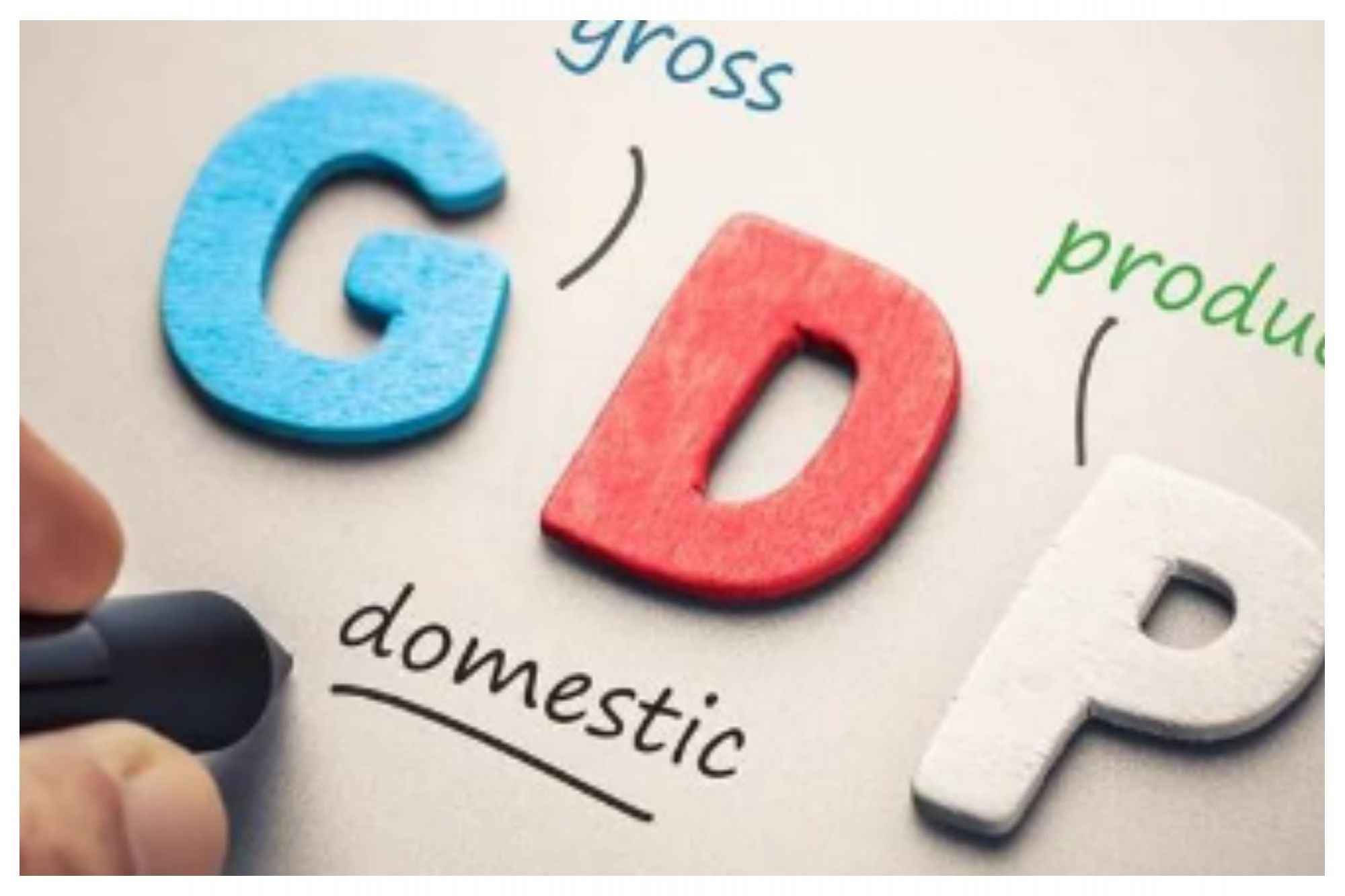Is the Fall in GDP Affecting Micro Sectors More Than Macro? India's GDP growth in the April-June quarter of FY20 slipped to 5% as compared to 8% in the same period last year
You're reading Entrepreneur India, an international franchise of Entrepreneur Media.

Indian economy faced the GDP downfall to 5% as compared to 8% in the last year quarter. To overcome this trouble, the Government has announced a package of measures like liberalizing FDI in various sectors, Consolidation of Big Banks, bringing in more capital for Banks. There are various sectors which faced a drastic trouble whereas some sectors remained mild affected from insolvency.
"Government is taking steps. We should be back to the high growth path soon," said chief economic adviser Krishnamurthy Subramanian
Sectors which faced trouble at par due to Economic fall
- Auto Sector:
Economy slowdown in the auto sector has been persisting since months in India. It has continued to move down further in the August quarter by nearly a third in 2019. Records indicate that festive season would also turn out to be an addition in the loss for the auto sector as customer sentiments seem to be reviving. Maruti Suzuki sales fell by a third. It has been the worst record ever in the history for the company. It has sold around 106000 units this August which is way too less than the last years' 158000 units. Car sales went down to 72% which is drastically low for the company this year. Maruti faced major downfall whereas Mahindra and Mahindra posted a near 32 per cent dip in sales. Tata Motors' sales in the domestic market declined 58 per cent over the corresponding period last year. Government has decided to review the company's loss and to put in financial assistance through capital inflow which would transform the company's records for its betterment.
- Banking Sector:
Banking sectors have experienced a drastic fall in its financial records. Banks are suffering the debt due to huge amount given to the market and companies, due to non return or late payments; it is going through the huge loss of capital. Reviewing this, Financial Ministry decided to merge the major banks to raise the banking capital so as to stabilize the economy in the nation. It is likely that there will be some limited form of cyclical revival in fiscal 2020-21. But the problems of growth are structural. Economists will suggest more reform of the market factor to revive growth. That is eminently desirable
Sectors which are less affected
- FMCG:
When markets are volatile, various investors get nervous and start to sell. And some sectors are very susceptible to the economic change. FMCG is amongst the sectors which, to some limit, are resistant to the economic change in the country. On a recurring basis, people still need their basic items for daily life. small group of conglomerates produces the majority of these items. Major companies in this sector include Colgate-Palmolive Company (CL) Procter & Gamble Co (PG) and Unilever N.V. Companies related to FMCG holds more than 50 brands and owns more than 20 Billion Dollars of revenue for the whole year. Although every sector at some level gone through the hardship during insolvency but FMCG stood a bit firm.
- Agriculture
The agriculture sector in India is both economically and politically important. The industry accounts for around 14% of the country's $2.7 trillion economy and 42% of total employment, according to Rajiv Biswas, chief economist in Asia Pacific for consultancy IHS Markit. Although economic slowdown has taken every sector in its hurricane nature but sectors like agriculture is dependent on the population needs which is to be fulfilled by the government through demand and stock. During monsoon, various kharif crop dealers get a profitable margin. Government has raised the minimum support price for all the current season's crops. This move could encourage farmers to raise their output, which then benefits other related businesses such as sellers of tractors and fertilizer. This step can assist the farmers and also the agriculture sector to fight against the economic crisis.











